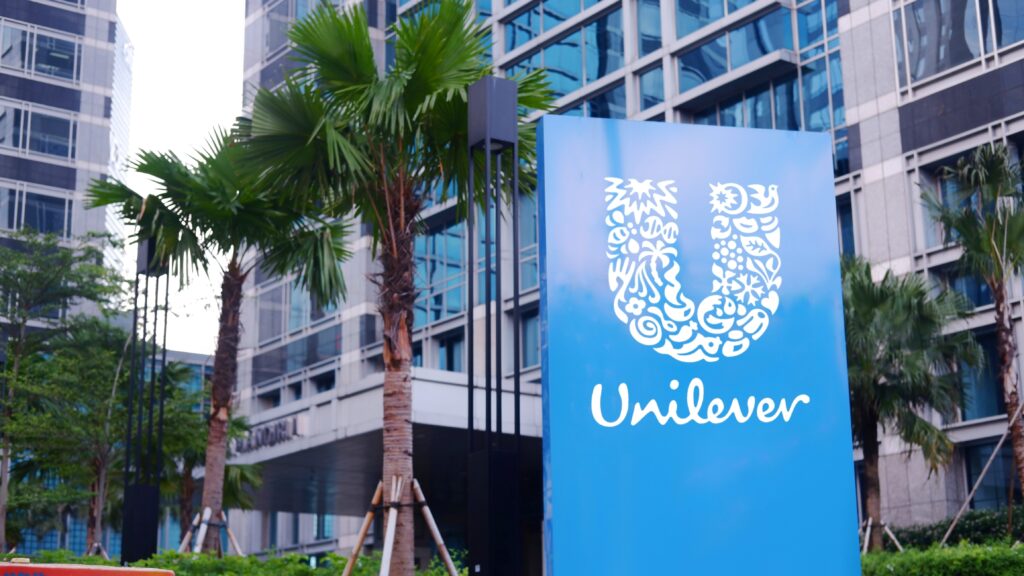London has faced another setback in its efforts to attract major stock listings, as Unilever has chosen Amsterdam as the primary listing location for its ice cream business. This decision is a significant blow to the UK’s financial market, which has been working to regain its appeal for initial public offerings (IPOs). The ice cream division spin-off is set to be completed later this year, with secondary listings planned in New York and London.
Unilever, known for household brands such as Dove, Sunsilk, and Vaseline, currently maintains a primary listing in London, alongside Amsterdam and New York. However, its decision to base the ice cream unit’s main listing in the Netherlands signals a strategic shift. UK officials, who have been making efforts to boost London’s status as a premier global financial hub, expressed disappointment over the move.
Why Amsterdam Was Selected
Unilever’s ice cream business includes some of the world’s most well-known brands, such as Ben & Jerry’s, Magnum, Breyers, and Wall’s. The division will be led by Jean-François van Boxmeer, who currently serves as the chair of Vodafone Group Plc and a non-executive director at Heineken Holding N.V.
Despite Unilever being headquartered in London, the company explained that Amsterdam was chosen as the primary listing location because the ice cream division’s senior management team and headquarters are already based there. CEO Hein Schumacher clarified that although the main listing will be in Amsterdam, key operations will remain in the UK, including the global research and development center and Wall’s factory in Gloucester.
The selection of Amsterdam follows an extensive board review that aimed to ensure the best returns for shareholders. In its 2024 earnings report, Unilever confirmed that the separation is progressing as scheduled and is expected to be finalized by the end of 2025. The company stated, “We are advancing key workstreams, including establishing independent legal entities, building a standalone operating model, and carving out financials.”
Strong Financial Performance and Strategic Adjustments
Unilever’s 2024 financial results demonstrated steady growth, with underlying sales increasing by 4.2%. This growth was primarily driven by a 2.9% rise in volume. The company also reported that its overall turnover rose by 1.9% to €60.8 billion. Additionally, the underlying operating margin improved by 170 basis points to reach 18.4%, while the gross margin saw a 280-basis point increase.
CEO Hein Schumacher highlighted the company’s commitment to strengthening its premium brands, such as K18 and Minimalist, while divesting local food brands like Unox and Conimex. “We are focusing our foods business on cooking aids and condiments,” Schumacher stated, emphasizing the company’s strategic direction.
Unilever’s Global Business Adjustments
Beyond the ice cream division spin-off, Unilever is also making significant changes to its operations in key global markets. The company has announced restructuring initiatives in Indonesia and China to adapt to market shifts.
“We are resetting our business in Indonesia and adjusting our strategy in China’s slowing market,” Schumacher said. These measures aim to improve Unilever’s performance in these regions, with expected results becoming visible in the second half of 2025. While growth in these markets is predicted to remain weak in the first half of the year, Unilever foresees a gradual recovery by the end of 2025.
Implications for London’s IPO Market
Unilever’s decision to bypass London for its primary ice cream division listing has intensified concerns about the city’s diminishing attractiveness for IPOs. In recent years, London has struggled to compete with financial centers such as New York, Amsterdam, and Hong Kong in securing major stock listings.
The UK government has introduced regulatory reforms aimed at making the London Stock Exchange (LSE) more appealing to global businesses. Despite these efforts, the trend of major corporations choosing alternative financial hubs continues. Industry experts believe that London’s declining IPO appeal is due to factors such as stricter regulations, lower valuations compared to the U.S. market, and post-Brexit uncertainty.
Future Prospects for London’s Financial Market
With Unilever’s decision highlighting London’s challenges, financial analysts are calling for more aggressive measures to revitalize the city’s IPO landscape. Some suggest that the UK should introduce tax incentives, streamline listing requirements, and enhance institutional investor participation to make London a more competitive option for multinational firms.
While London still remains a key financial center, the loss of high-profile listings like Unilever’s ice cream division underscores the need for urgent reforms. The future of the London IPO market will depend on how effectively policymakers can adapt to global financial shifts and create an environment that attracts major corporations.
For more insights on global financial markets, visit Wealth Magazine.


